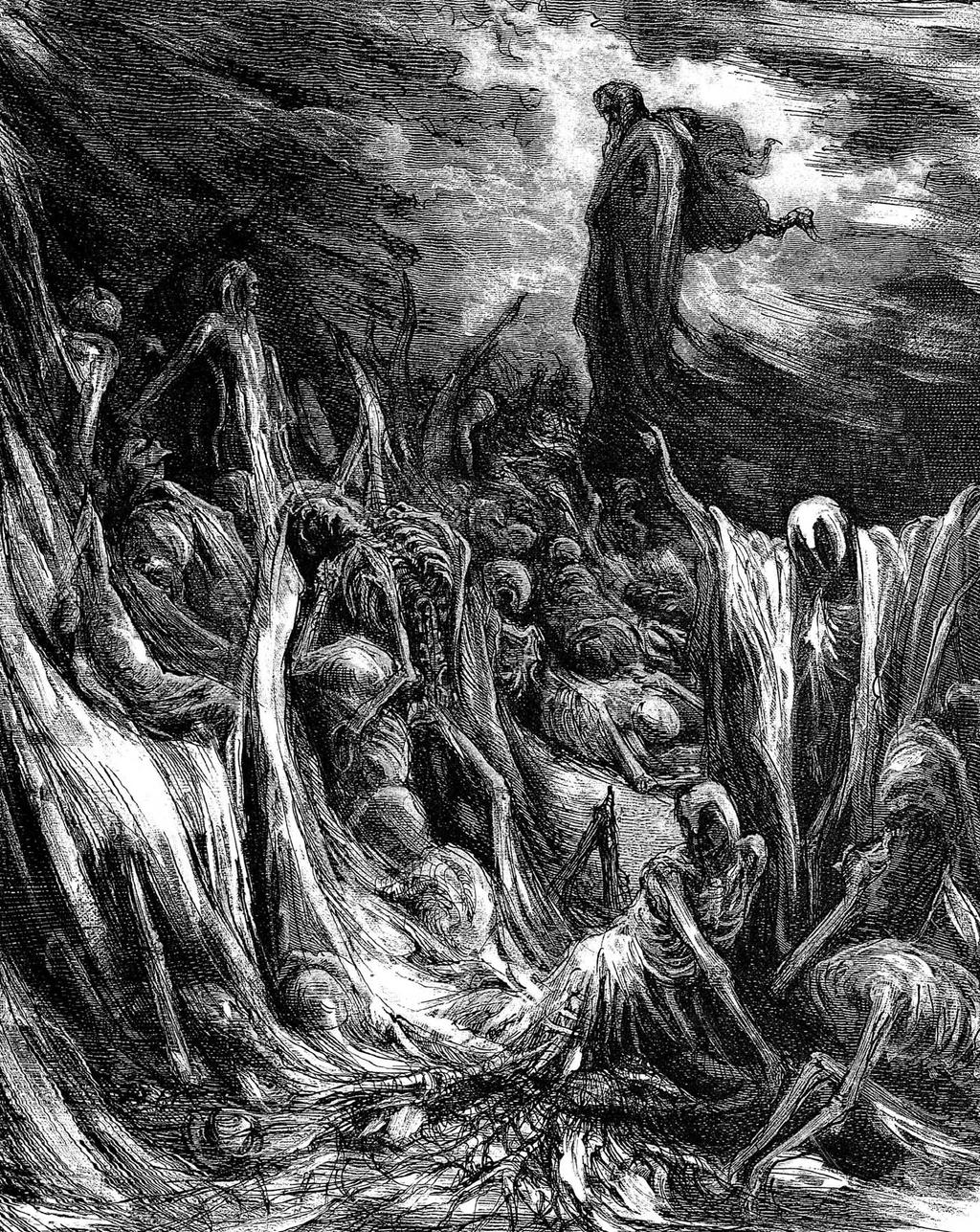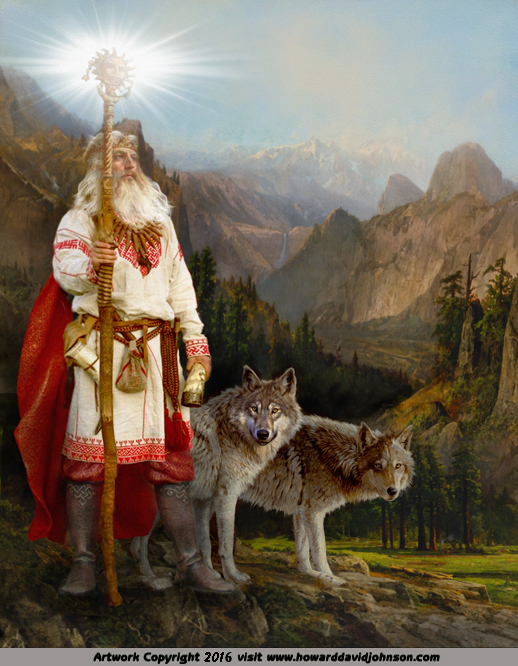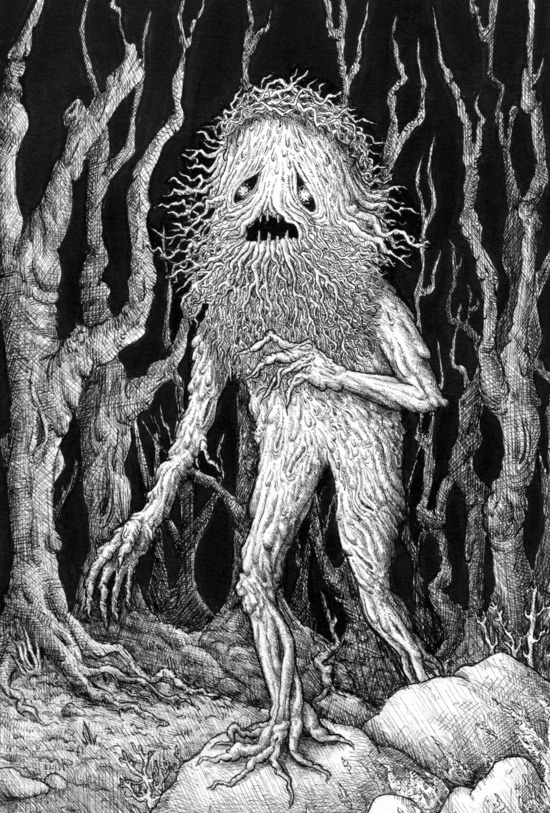Elements Found in Fairy Tales . A fairy tale is a fictional story that may feature folkloric characters (such as fairies, goblins, elves, trolls, witches, giants, and talking s) and enchantments, often involving a far-fetched sequence of events.

“For last year’s words belong to last year’s language . And next year’s words await another voice.” ― T.S. Eliot, Four Quartets . AudioEloquence


Slavic mythology from Godchecker – the legendary mythology encyclopedia. Your guide to the Slavic gods, spirits, demons and legendary monsters. Our unique mythology dictionary includes original articles, pictures, facts and information from Slavic Mythology: the Myths and Gods of Russia and Eastern Europe.
The oldest form of the mermaid in mermaid mythology is the goddess Atargatis from Syria. A famous statue of Atargatis shows her


Slavic mythology from Godchecker – the legendary mythology encyclopedia. Your guide to the Slavic gods, spirits, demons and legendary monsters. Our unique mythology dictionary includes original articles, pictures, facts and information from Slavic Mythology: the Myths and Gods of Russia and Eastern Europe.
The word Zilant is the English transcription of Russian Зилант, itself a rendering of Tatar yılan/елан, pronounced (or sometimes [ʒʲɯˈlɑn]) and meaning a snake.

Age of Mythology is back! Choose your god and take to the battlefield in this classic, upgraded with full Steamworks integration and enhanced features.



Norse mythology takes you on a spectacular journey, as tales from the two main groups that form the mythology of northern and eastern Europe unfold
Morning Star. The Morning Star is Zorya Utrennyaya (from Russian utro, meaning “morning”; also known as Zvezda Danica, Zvezda Danica, Zvezda Dennitsa, Zwezda Dnieca, Zvezda Zornitsa, Gwiazda Poranna, Rannia Zorya, Zornica, Zornička, Jitřenka), who opens the gates of Dažbog’s palace each morning so that the Sun may begin his …

The word Zilant is the English transcription of Russian Зилант, itself a rendering of Tatar yılan/елан, pronounced (or sometimes [ʒʲɯˈlɑn]) and meaning a snake.